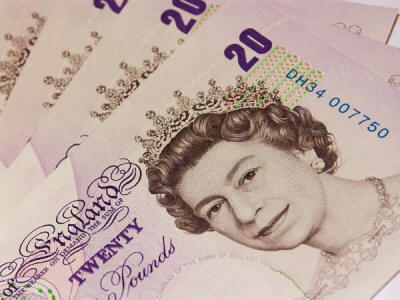|
As massively indebted Western economies stand on the verge of financial collapse, the British government has come up with a cynical new wheeze so that it can steal yet more money from the people, to give to the corrupt political and financial elite.
In next week's budget Chancellor George
Osbourne will announce that the government is to
begin offering 100-year
gilts - bonds which offer a fixed rate of interest, and which will not be
repaid until next century.
Considering the dire state of the British
economy - the country is currently
officially in debt to the tune of £1
trillion, with some estimating the
real total to be £5 trillion - as well as
extremely low interest rates and high inflation, with the possibility of
future hyperinflation, you would have to be insane to imagine that such an
investment is a good idea.
Any rise in inflation before the 100-year gilts are redeemed - guaranteed under the debt-based, growth-driven economic system in which we live - will reduce the purchasing power of both the interest paid by the gilt, and its maturity value on redemption.
Purchasing power is the amount of tangible goods
and services you can exchange for your paper, metal, and digital pounds.
This is born out by comments made on a
Daily
Telegraph article, where one commenter recounts how his mother patriotically
bought £300 of British war bonds in the 1940s, and ended up smiling
"resignedly after she cashed them in about forty years later".
The fact that the British government has previously sold such bonds to fund world wars is highly ominous.
With the West fomenting chaos in Africa and the
Middle East, militarily deposing sovereign governments and backing armed
insurgencies, whilst demonizing oil-rich Iran and antagonizing heavily
nuclear-armed Russia and China, the world is in a highly dangerous situation
and global conflict is a real possibility.
Such funds fuel
the elite's war machine,
securing the globe's natural resources, forcing open new markets for the
banks and multinationals, and generating huge profits for the military
industrial complex.
Huge amounts of our tax revenue is paid annually
to the
security industrial complex, which is currently working to introduce
ever more effective systems of control and surveillance - all in the name of
protecting us from those evil terrorists, of course!
|

